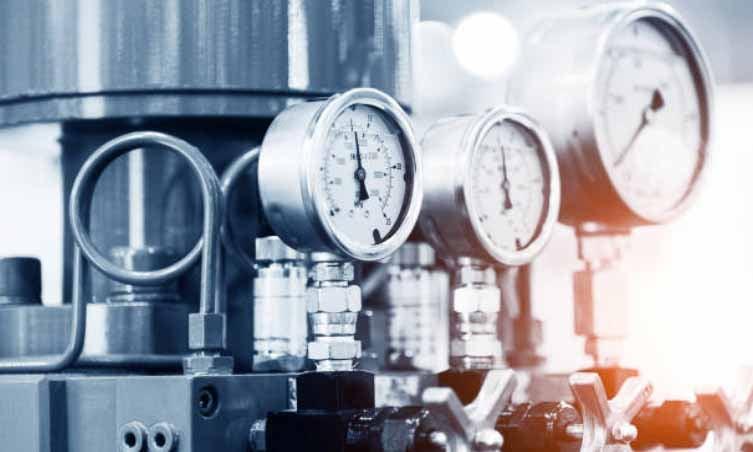If you want to enhance the efficiency and longevity of your air compressor, its maintenance plays a vital role. A well-serviced compressor operates smoothly and ensures that you get the best performance. Here are some practical strategies for seamless compressor servicing that will keep your equipment running like a well-oiled machine.
Regular Inspection Routine
Establishing a routine inspection schedule is fundamental to compressor health. Check for leaks, unusual noises, or any signs of wear and tear. Early identification of potential issues can prevent expensive repairs down the road. Make it a habit to inspect your compressor at least once a month, ensuring that all components are in good condition.
Keep It Clean
Dirt and debris can wreak havoc on your compressor’s performance. You should ensure a clean exterior to prevent dust buildup, especially around the intake vents. Additionally, ensure that the surrounding area is free from clutter to maintain proper airflow. A clean compressor operates more efficiently, reducing the risk of overheating and component damage.
Monitor Oil Levels
Many compressors rely on oil for lubrication, and keeping an eye on oil levels is essential. Check the oil levels regularly and top up as needed, adhering to the manufacturer’s guidelines. Proper lubrication minimizes friction, reduces wear on moving parts, and extends the life of your compressor. If moisture is out of control, you should start searching for new air compressor dryers for sale.
Replace Air Filters Timely
Air filters play a critical role in maintaining air quality and protecting the compressor’s internal components. Replace air filters at regular intervals to ensure optimal performance. Clogged filters can lead to decreased efficiency, increased energy consumption, and potential damage to the compressor. A simple filter replacement can go a long way in preventing these issues.
Tighten Loose Connections
Vibrations during compressor operation can cause connections to loosen over time. Regularly inspect and tighten any loose bolts, nuts, or fittings. This simple task prevents air leaks, which can lead to a drop in pressure and increased energy consumption. Tightening connections ensure that your compressor operates at its full capacity.
Check Belts and Pulleys
Loose or worn-out belts can negatively impact performance and lead to unexpected breakdowns. Replace any damaged belts and adjust tension according to the manufacturer’s specifications. Properly maintained belts contribute to the smooth operation of the compressor.
Keep an Eye on Pressure Levels
Monitoring pressure levels is crucial for compressor safety and efficiency. Install pressure gauges and regularly check readings against the recommended operating range. Abnormal pressure levels can indicate potential issues with valves, regulators, or other components. Address any pressure irregularities promptly to prevent damage to the compressor and ensure a consistent output.
Schedule Professional Inspections
While routine checks can catch many issues, it’s wise to schedule professional inspections periodically. Trained technicians can perform in-depth assessments, identify potential problems, and conduct thorough maintenance that may require specialized knowledge and tools. Professional air compressor servicing in San Jose adds an extra layer of assurance that your compressor is in top-notch condition.
Invest in Quality Parts
Using substandard parts may save money initially but can lead to increased maintenance costs and reduced overall compressor lifespan. Quality parts contribute to the reliability and longevity of your equipment.
Train Your Staff
Make sure that your staff is adequately trained in compressor operation and basic maintenance tasks. Educate them on the importance of routine checks and prompt reporting of any issues. Well-informed staff can contribute significantly to the overall health of your compressor system.
Wrapping Up
A proactive approach to compressor servicing is key to seamless operation. Regular inspections, cleanliness, monitoring vital components, and investing in quality parts are all part of a comprehensive maintenance strategy. By following these strategies, you can maximize the efficiency and lifespan of your compressor, ultimately saving time and money in the long run.
